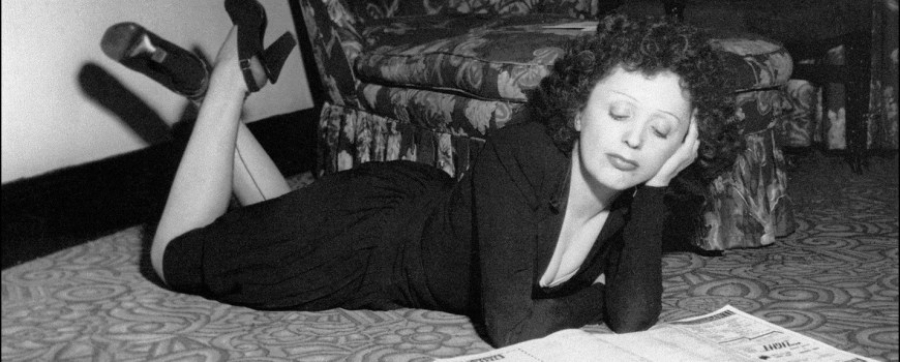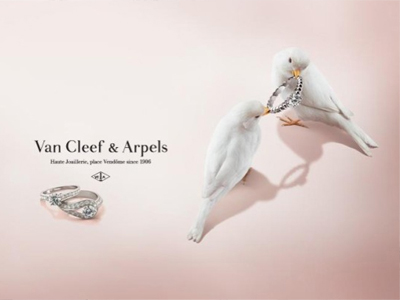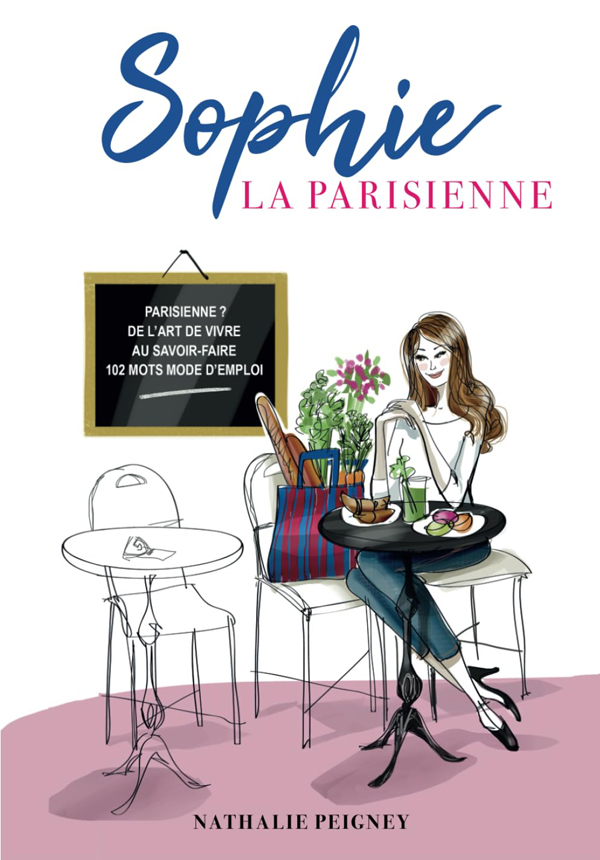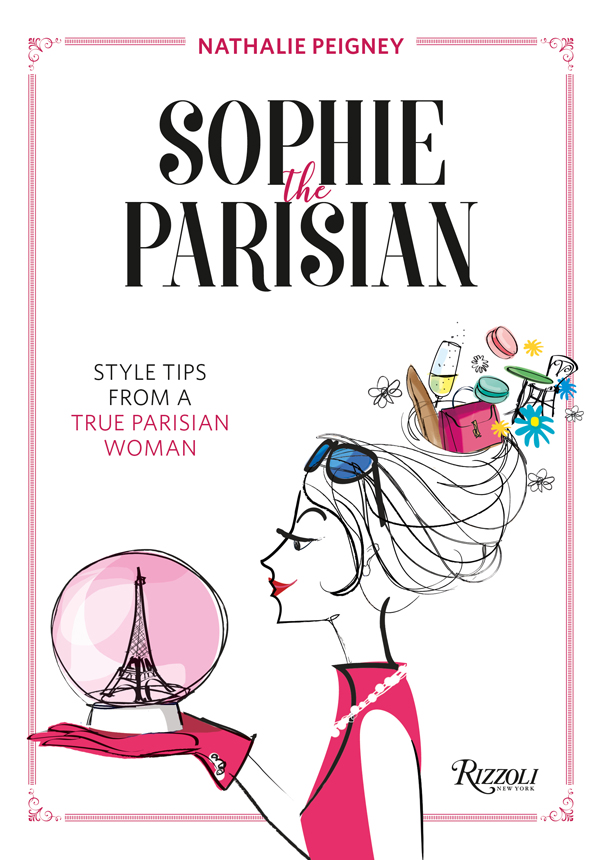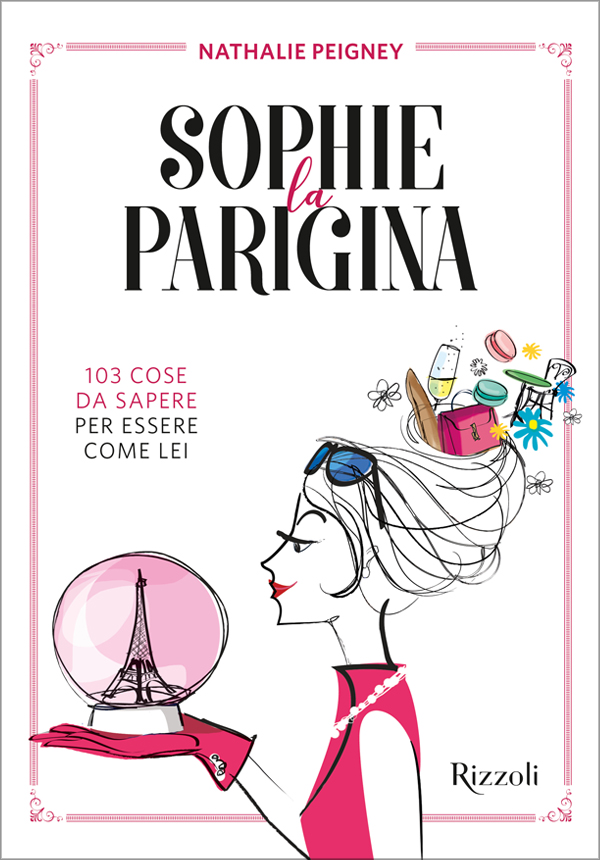Edith Piaf’s songs and singing style seemed to reflect the tragedies of her own difficult life. According to her love letters published in France, it appears that she regretted many things: the great diva craved a “normal life, with children, pretty curtains and a husband”.
The French cabaret singer, songwriter and actress is still considered as one of the greatest performers of the 20th century. Let’s have a look to her amazing personality and life.
Personality
Without any conscious effort, Edith Piaf galvanizes every situation she enters, and energy seems to flow through her without being aware of this great potential or controlling it. When she is aware of her exceptional personality, she tries to blend in with her surroundings, feeling conspicuous, foreign and out of place.
With her omnipresent energy and intuition, Edith Piaf has the potential to be a source of inspiration and enlightenment for people. She is a sensitive and passionate lover, an excellent companion and possesses a good sense of humor.
Her perceptiveness makes her aware of her partner's needs and desires, which she is able to fulfill with an almost magical delicacy. However, when she feels she has been mistreated or abandoned, Edith Piaf can react with devastating force, sometimes using personal criticism vindictively. But, being so charged, she experiences a constant conflict between her great abilities and indulgence in self-reflection and self-criticism, which leave her very self-conscious. She easily recovers from setbacks and is able to overcome any adversity or obstacle that comes her way. As patient as she is with her goals, her volatile and violent temperament endangers her relationships with the very people who will help her achieve those goals.
Edith Piaf shares her great capacity for invention with many inventors, artists, religious leaders, prophets, and prominent figures in history. Entrepreneurial and progressive, Edith Piaf is always striving for success, aims for the top and enjoys a resourceful personality, ambitious and determined to do things well, and an unyielding dedication to her plan until her goals are achieved.
Although blessed with a message or a specific role to play in life, Edith Piaf needs to develop herself sufficiently to take full advantage of this opportunity. There is a risk, however, that her trait of determination and dedication will turn into stubbornness, causing Edith Piaf to cling to ideas and projects far beyond their fruitful season.
Song style
Because she often sang in a Bellevilloise argot apparently not unlike a Parisian version of the old cockney, cabaret owner Louis Leplée began calling her "la môme piaf" ("little sparrow" in Parisian slang).
Her unhappy personal life and unadorned but dramatic style underscored her expressive voice, and she was able to move audiences with her passionate rendition of songs that were often about loss and love.
At first her material was standard music-hall material, but eventually Edith Piaf had authors like Marguerite Monnot and Michel Emer who wrote songs especially for her.
She influenced everyone from Marianne Faithfull to Elton John.
Edith Piaf popularized the French language overseas, and titles such as "Je ne regrette rien" and "La vie en rose" have passed into English as phrases.
Love
At the height of her fame, the singer expressed her undying love for celebrated Greek actor Dimitris Horn. Piaf had met "Taki" during a European tour in 1946. "I love you as I have never loved anyone, Taki, don't break my heart," she wrote to him.
Edith Piaf had many lovers, including, in the summer of 1948, world heavyweight boxing champion Marcel Cerdan, with whom she had a passionate love affair and a very public affair, although he had a wife and children. He always maintained that Cerdan was his one true love. Marcel Cerdan died in a plane crash on his way to see her. Piaf blamed herself and fell into a deep depression fueled by drugs and alcohol.
She had no better luck in marriage. In 1952 she married French singer Jacques Pills in the presence of actress Marlene Dietrich, but the couple divorced three years later. Her second marriage, to Greek hairdresser Theophanis Lamboukas, took place in 1962 but was short-lived. Piaf died, aged only 48, the following year.
Family history
Her mother, a coffee singer, abandoned her at birth and she was taken in by her grandmother, who raised her in a brothel. At the age of three she became blind from meningitis, but recovered her sight four years later.
A few years later she joined her father, a circus acrobat, and accompanied him during his performances. She sang on the streets of Paris, earning a meager living, often in the company of petty criminals. In 1932, Edith Piaf gave birth to a daughter who died two years later from meningitis.
Later, Piaf was involved in several serious car accidents and suffered from health problems, partly due to alcohol and drug abuse. She died at the age of 47, apparently from liver cancer. Her death was mourned throughout France, and thousands of people crowded along the route of her funeral procession.
After her death, Piaf received the highest honor from the French government when the tricolor flag was draped over her coffin.
Professional Life
Piaf's true success only begins in maturity, between the ages of 35 and 45, when the singer has made further progress on her journey. When she has found her niche in life and has begun to realize her true potential, Edith's rewards will more than compensate for her trials early in life.
She was discovered in 1935 by a cabaret owner, Louis Leplée. At that time, the singer was singing for her dinner on the streets of Montmartre. Louis Leplée gave Edith Piaf her first job in a nightclub.
Her debut was acclaimed by actor Maurice Chevalier, who was in the audience that night. That same year Edith Piaf made her theater debut and within a few years found herself singing in the great music halls of Paris.
Throughout her life Edith Piaf continued to sing about the streets from which she came ("Mon coeur est au coin d'une rue" and "Elle frequentait la rue Pigalle" are just two examples), and like a parvenu who lived in style once she achieved fame, she squandered all her money on a farm as well as hoarding gifts for her friends.
In the mid-1940s she became a mentor to the young Yves Montand, with whom she worked in the film "Star Without Light" (1946).
As for America, Edith Piaf played twice at Carnegie Hall in 1956 and 1957, and reached the world's largest market more than a decade before the Beatles' feat for a European who sang primarily in French.
Finally, in 1998, Edith Piaf received the Grammy Hall of Fame award!
In addition to singing, Piaf recorded her reflections on her life in two books, Au bal de la chance (1958; "At the Dance of Fortune"; Engl. transl. The Wheel of Fortune) and the posthumous book Ma vie (1964; My Life).
Edith Piaf - La Vie En Rose

